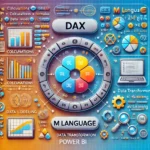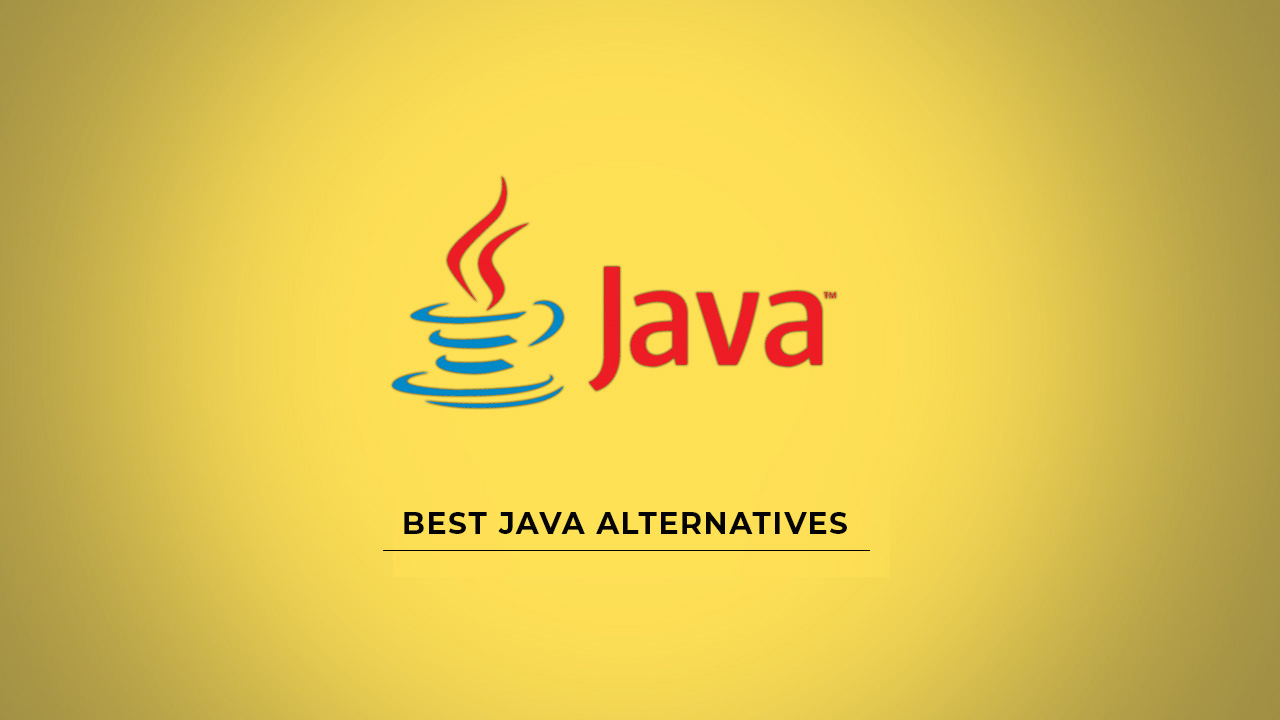Java has been a dominant force in the programming world for decades, powering countless applications and systems. However, with the ever-evolving landscape of software development, developers have sought alternatives to Java that offer unique features, better performance, and enhanced developer productivity. In this blog post, we’ll explore the top 10 Java alternatives, discussing their strengths and weaknesses to help you determine which one might be the best fit for your projects.
Kotlin
Kotlin, developed by JetBrains, has gained immense popularity as a modern, expressive, and statically-typed language for the JVM. Kotlin provides seamless interoperability with Java, making it an ideal choice for developers looking to transition gradually from Java to a more concise and expressive language. With features like null safety, data classes, extension functions, and coroutines, Kotlin enhances developer productivity and code quality.
Scala
Scala, short for “scalable language,” combines functional and object-oriented programming paradigms. It offers powerful features like pattern matching, higher-order functions, and a concise syntax that reduces boilerplate code. Scala’s strong type system and support for immutability lead to more robust and maintainable codebases. It integrates smoothly with Java, allowing developers to leverage existing Java libraries.
Groovy
Groovy is a dynamic language that runs on the JVM, providing a high degree of flexibility and expressiveness. Groovy’s syntax is similar to Java, making it easy for Java developers to transition to Groovy. The language supports metaprogramming, closures, and domain-specific language (DSL) capabilities, making it an excellent choice for scripting, build automation, and testing.
https://synapsefabric.com/2023/07/20/why-kotlin-is-the-best-solution-for-app-developers/
Clojure
Clojure is a functional programming language designed for concurrency and immutability. It embraces the Lisp philosophy, providing a minimalistic syntax with powerful macros and a focus on data transformations. Clojure’s emphasis on immutable data structures ensures safer multithreading and encourages a functional programming style.
Go (Golang)
Go, often referred to as Golang, is a statically-typed, compiled language developed by Google. It is known for its simplicity, efficiency, and strong support for concurrent programming. Go’s built-in garbage collection, lightweight goroutines, and standard library make it an excellent choice for systems programming, cloud services, and networking applications.
Rust
Rust is a systems programming language that prioritizes safety and performance. It guarantees memory safety and prevents data races through its ownership and borrowing system. Rust’s zero-cost abstractions and expressive type system empower developers to write fast and reliable code, making it suitable for performance-critical applications and systems programming.
C# (C Sharp)
C# (pronounced “C sharp”) is a powerful, object-oriented language developed by Microsoft. It shares similarities with Java but has a more advanced type system and features like LINQ (Language-Integrated Query) for data manipulation. C# is widely used in Windows development, game development with Unity, and backend services using ASP.NET.
Python
Python is a versatile and beginner-friendly language known for its readability and simplicity. It excels in rapid development, data analysis, and scientific computing. While Python is an interpreted language and may not match Java’s performance for certain tasks, its vast ecosystem of libraries and frameworks makes it a top choice for various domains, including web development, machine learning, and automation.
JavaScript/TypeScript
JavaScript is the de facto language for web development, providing interactivity and dynamic content on websites. TypeScript, a superset of JavaScript, adds optional static typing, making it easier to catch errors during development. Together, JavaScript and TypeScript enable full-stack development, allowing developers to build frontend and backend applications using Node.js.
Swift
Swift, developed by Apple, is a powerful and intuitive language used for iOS, macOS, watchOS, and tvOS app development. With its expressive syntax and strong type inference, Swift promotes safe and efficient coding practices. Swift’s performance is comparable to Objective-C, its predecessor, while offering a more modern and developer-friendly experience.
Choosing the best Java alternative depends on your specific project requirements, team expertise, and performance considerations. Kotlin stands out as a popular choice for Java developers seeking a modern and expressive language with seamless Java interoperability. Scala and Groovy offer excellent options for those looking for languages with powerful functional programming capabilities and scripting abilities, respectively.
If you’re interested in functional programming and immutability, Clojure could be an attractive option, while Go and Rust provide high-performance options for systems programming. C#, Python, and JavaScript/TypeScript cater to specific domains, including Windows development, web development, and full-stack development, respectively. Lastly, Swift serves as the go-to language for iOS and macOS app development in the Apple ecosystem.
Ultimately, the best Java alternative for your projects will depend on the specific needs and goals of your development team. Evaluating the strengths and weaknesses of each language and experimenting with a few of them in small projects can help you make an informed decision that will positively impact your software development journey. Happy coding!







